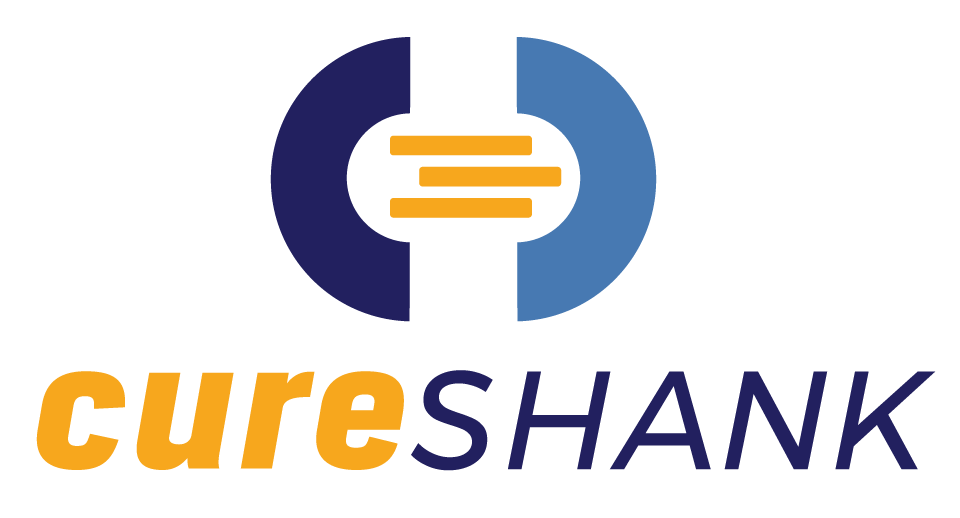ABOUT Phelan-McDermid Syndrome
What is Phelan-McDermid syndrome?
Phelan-McDermid syndrome (PMS) is a severely disabling neurodevelopmental disorder caused by deletions and pathogenic variants (mutations) of the SHANK3 gene.
The disorder is characterized by varying degrees of developmental delay, intellectual disability, delayed or absent speech, and autism spectrum disorder or symptoms of autism. Individuals with Phelan-McDermid syndrome may also have comorbid conditions, such as epilepsy, hypotonia, gastrointestinal problems, and psychiatric illness.
This range of conditions and disabilities severely limit the ability of individuals with Phelan-McDermid syndrome to function independently. Comorbid conditions and consequences of PMS symptoms can even cause premature death. Factors that modulate the severity of symptoms are unknown.
About the SHANK3 gene
The SHANK3 gene is the most-studied of three genes in the SHANK protein family (SHANK1, SHANK2, and SHANK3). Copy number variations (CNVs) and pathogenic variants of the SHANK genes cause “shankopathies”, which are protein deficiency-induced synaptic diseases.
SHANK3 is an autosomal dominant gene: human brains require functional expression of both SHANK3 genes, so the underexpression of SHANK3 caused by deletions and pathogenic variants is catastrophic. Duplications of the SHANK3 gene result in SHANK3 overexpression, which can cause symptoms such as hyperkinetic diseases and seizures.
Other genes that regulate the expression of the SHANK3 genes may contribute to the faulty expression of SHANK3 proteins. The study of these regulatory genes might help identify treatments, such as small molecules, that could normalize the expression of SHANK3 proteins.
At present, there exists no diagnostic test for measuring the level of expression of the SHANK genes in the brain. There is a high need for the development of biomarkers of SHANK3 expression in the brain.
Diagnosis & treatment of Phelan-McDermid Syndrome
Deletions or mutations of SHANK3 occur in slightly under 1% of individuals with autism, and in about 2% of all individuals with autism and intellectual disability. The estimated prevalence is 1/15,000. (Please visit pmsf.org to for detailed information about how PMS is diagnosed.)
There are currently no treatments for Phelan-McDermid syndrome or any other shankopathy. Patients are monitored for symptom management. Consensus guidelines on the management of PMS were updated in 2023.












